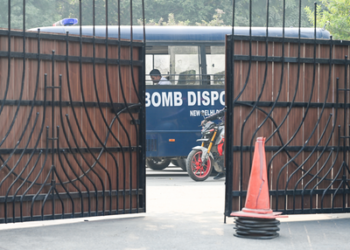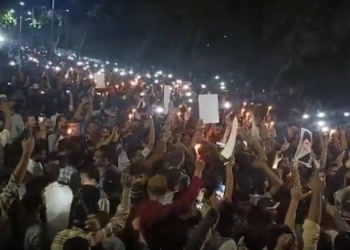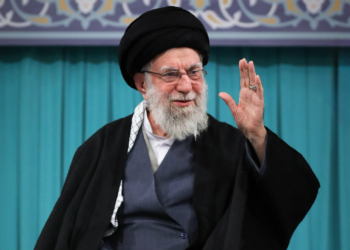Nagpur: An ex-engineer of Brahmos Aerospace, Nagpur, who was arrested in a sensational case of spying for Pakistan’s ISI, has been awarded a 14-year jail term by a sessions court here on Monday.
Nishant Agarwal — an aerospace engineer — was arrested in 2018 for allegedly leaking sensitive information about India’s Brahmos missiles to the Inter-Services Intelligence (ISI) of Pakistan in a suspected honey-trap operation.
Besides the 14-year sentence under the Official Secrets Act, Additional Sessions Judge M.V. Deshpande also imposed a fine of Rs 3,000 on Agarwal, special public prosecutor Jyoti Vajani told the media.
At the time of his arrest six years ago, Agarwal was working as a senior systems engineer with the Brahmos Aerospace, a joint venture of the DRDO and the Military Industrial Consortium of Russia.
Agarwal was part of the teams working to develop India’s supersonic cruise missile that could be launched from land, sea, air, and underwater, giving an edge to the country’s defence muscles.
The spy scandal hit the headlines then as Agarwal, who was working with the company for over four years, reportedly fell victim to a honey-trap operation purportedly managed by the ISI.
After it was detected, a team of Military Intelligence along with the ATS of Maharashtra and Uttar Pradesh swooped to arrest him. In April 2023, he was granted bail by the Bombay High Court (Nagpur Bench).
As per the subsequent investigations, he was in touch with the two suspected operatives through two Facebook accounts in the name of Pooja Rajan and Neha Sharma.
The accounts were based out of Islamabad and were said to be run by ISI operatives. The investigators later said that Agarwal became an easy target on social media owing to his casual approach despite being engaged in a secret and sensitive defence-related project.
The investigators said that Agarwal’s laptop had restricted and secret files, besides a software through which such classified information could be transferred to countries or organisations abroad.
Agarwal is an alumnus of the National Institute of Technology, Kurukshetra, and also the winner of the Young Scientists Award presented by the DRDO.
(IANS)
















